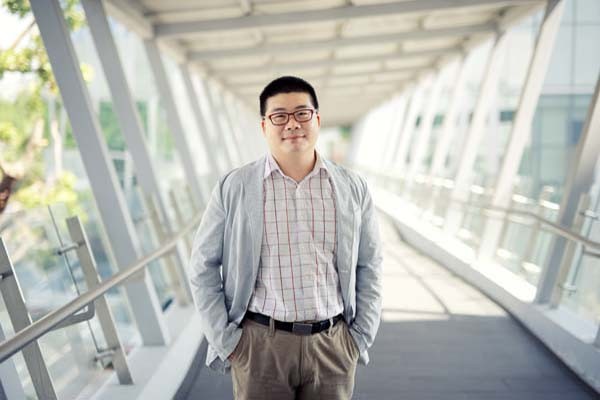"Singapore’s Efforts To Navigate US–China Strategic Rivalry" - By CWP Alum Ja Ian Chong

Singapore’s approach to the US-China competition so far is to continue claiming that it “does not wish to choose sides” between Washington and Beijing. This position—in place since the end of the Cold War—depends on two key conditions: that Singapore does not have intractable and indivisible differences with both major powers and that a significant overlap in interests exists between the United States and China. So long as such conditions hold, Singapore has significant flexibility and room for maneuver to maximize opportunities for cooperation with both major powers. Singapore’s longstanding approach to managing relations with the United States and China may become more risky and costly as the US-China rivalry intensifies, but whether its leadership can find an adequate and timely alternative remains in question and will be in the focus of the present chapter.
Then-Chinese Foreign Minister, Yang Jiechi, emphatically reminded members of the Association of Southeast Asian Nations (ASEAN) at the 2010 ASEAN Regional Forum meeting in Hanoi, “China is a big country and other countries are small countries, and that’s just a fact” (Landler et al. 2010). Of these countries, Singapore is perhaps one of the smallest, with a population just shy of 6 million and a land area slightly more than 700 square kilometers (Central Intelligence Agency 2021a, b). It also happens to be one of the richest, with a per capita GDP higher than that of the United States (Central Intelligence Agency 2021a, b). Singapore’s success relates as much to its strategic location at the southern entrance of the Strait of Malacca, between the Pacific and Indian Oceans, attempts to avoid involvement in major international disputes, and efforts to work with various major powers. Such fortuitous circumstances, however, are variables rather than constants and may now be undergoing a period of stress and change that Singapore must face.
Other Countries Are Small Countries, and That’s Just a Fact: Singapore’s Efforts to Navigate US–China Strategic Rivalry
- Ja Ian Chong - First Online: 01 January 2023 - https://link.springer.com/chapter/10.1007/978-3-031-15389-1_12
The focus of my teaching and research is on international relations, especially IR theory, security, Chinese foreign policy, and international relations in the Asia-Pacific. Of particular interest to me are issues that stand at the nexus of international and domestic politics, such as influences on nationalism and the consequences of major power competition on the domestic politics of third countries. I also enjoy looking at historical material in my research. In addition to my academic background, I have experience working in think-tanks both in Singapore and in the United States. As such, I also look at the relationship between political science theory and policy, and believe the two can inform each other.
I am author of External Intervention and the Politics of State Formation–China, Indonesia, Thailand, 1893-1952 (Cambridge, 2012), which received the 2013 Best Book Award from the International Security Studies Section of the International Studies Association.
Photo Credit: https://pixabay.com/users/cegoh-94852/

